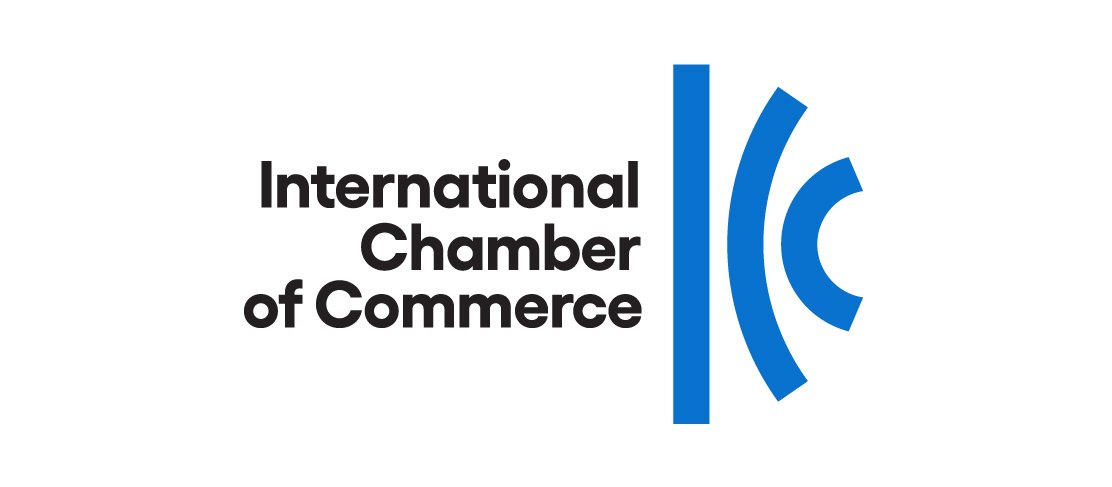Environmental Social Governance (ESG) Compliance
KYG Trade’s ESG Score for Goods
Product-Specific ESG Scoring: KYG Trade introduces the Total ESG Score, a BOM-level approach to evaluate the impact of individual goods, rather than entities, relative to ESG objectives. Our unique scoring method understands each component of the product/SKU attributes, ensuring a comprehensive and accurate ESG evaluation. This scoring process provides a precise understanding of a product's overall ESG score at a point in time and objectively aligns with the United Nations’ Sustainable Development Goals.
UN Standards to Measure ESG
Objective Insights with KYG Product-Specific ESG Score: KYG Trade's proprietary scoring system evaluates every component in a bill of materials against the import country's non-tariff measures (NTMs). This objective analysis aligns with the United Nations' Sustainable Development Goals and provides proof of compliance for customs authorities. The scoring reflects how each product contributes positively or negatively towards these goals, providing transparency into SKU-level, ESG assessments.
Understanding ESG Scores
Decoding ESG Scores: KYG Trade’s ESG scores range from X to A, representing different levels of adherence and contribution to the UN Sustainable Development Goals and customs compliance. 'X' indicates a negative impact, while 'A' represents exceptional contributions, setting a benchmark in sustainable supply chains. Our scoring system, aligned with the International Chamber of Commerce (ICC)standards, provides a clear, understandable measure of a product's ESG performance
Aligning with International Standards
Aligned with Global Standards: KYG Trade ensures that every ESG assessment is in strict conformity with the International Chamber of Commerce (ICC) standards and the United Nations' Sustainable Development Goals. By objectively measuring against accepted international standards and goals, KYG’s ESG evaluations not only meet, but exceed, global expectations. The goal is to foster trust and credibility in the objective scoring process and to help businesses make more informed, responsible sourcing and transportation decisions.




